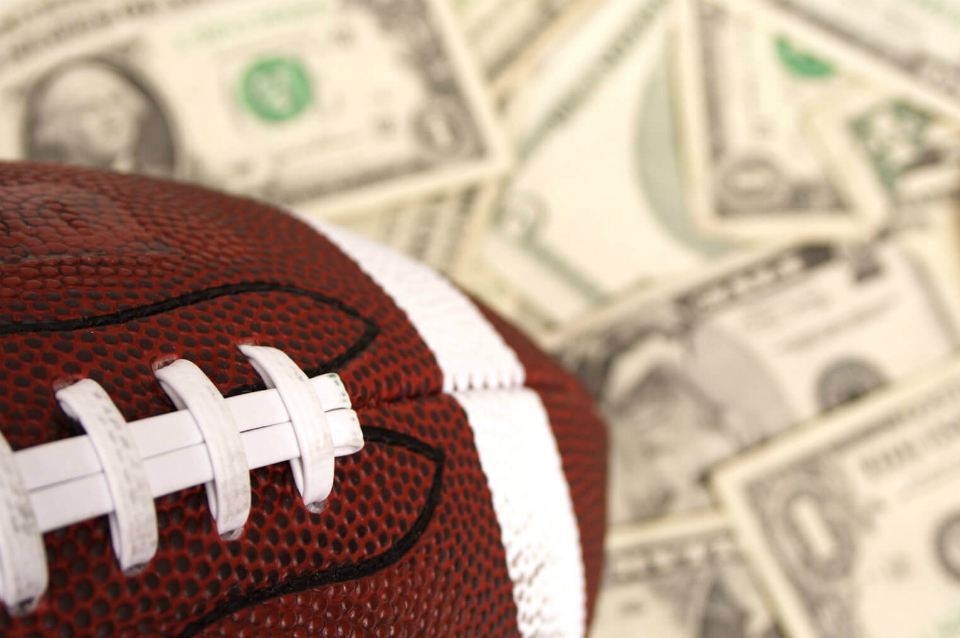 Two gambling initiatives that would have appeared on Florida’s November ballot have failed.
Two gambling initiatives that would have appeared on Florida’s November ballot have failed.
Following months of planning, a new gambling compact inked between the Seminole Tribe and the Governor’s Office, a false start of a new form of gambling, opinions of a US District Court judge and a failed ballot initiative seeking to bring online sports betting to local voters, the situation with sports betting in Florida remains unclear.
The uncertainty also originates from the fact that the recent failure of the two gambling initiatives means that Florida voters will probably not get another opportunity to vote on the subjects of the proposed amendments until at least 2024. According to experts, if an initiative is placed on the 2024 ballot and state voters give their approval, sports betting would not be launched in Florida until the next year.
The first ballot initiative, which was supported by leading sports betting operators such as DraftKings, FanDuel and Barstool Sports, would have legalized and regulated commercial sports betting services throughout the state. Florida has been considered one of the largest untapped sports betting markets in the country, especially when its large population and significant tourist interest are taken into account.
The second ballot initiative, which was backed by Las Vegas Sands Corp., was seeking to allow the expansion of the existing casinos and gambling operators in North Florida.
Both proposals faced the Seminole Tribe of Florida’s fierce opposition, with the Native American nation having spent millions to advertise against the proposed constitutional amendments through its political committee, Standing Up for Florida.
Another Citizens’ Initiative to Legalize Sports Betting Could Be the Best Chance for Florida to Add the New Form of Gambling
 The two ballot initiatives emerged after in May 2021 Florida lawmakers gave the green light to a gambling compact with the local Seminole Tribe. Under the compact, Florida citizens were allowed to place bets on sports events online, with the activity set to be processed through computer servers situated on the land of the Seminole Tribe.
The two ballot initiatives emerged after in May 2021 Florida lawmakers gave the green light to a gambling compact with the local Seminole Tribe. Under the compact, Florida citizens were allowed to place bets on sports events online, with the activity set to be processed through computer servers situated on the land of the Seminole Tribe.
However, the agreement between the state and the Native American tribe was overturned in November 2021 by US District Judge Dabney Friedrich following some claims that the compact violated the federal Indian Gaming Regulatory Act (IGRA) on one hand, and the State Constitution, on the other hand. As previously reported, the federal ruling favored some casino owners in the southern part of the state, who challenged the gambling agreement in court claiming that the compact would have a detrimental impact on their operations.
Then, the Seminole Tribe of Florida addressed the US Circuit Court of Appeals for the District of Columbia to suspend the ruling. The court, however, rejected this request in December 2021. Currently, the ruling is being appealed by the US Department of Interior, which is the body responsible for monitoring and regulation of tribal gambling on the territory of the US.
Although it failed to find a place on the general election ballot in 2022, another initiative requiring local citizens’ voting could have emerged as the best option for campaigners seeking to bring retail and online sports betting to Florida. However, the spokesperson for Florida Education Champions, Christina Johnson, shared that the group would not be able to attempt another initiative until at least 2024.
If it had been included in this year’s ballot, Florida voters would have been given the opportunity to approve or reject a motion aimed at the legalization of sports and event betting at professional sports venues and so-called pari-mutuel facilities across the state. Furthermore, the measure would have sought official approval for online sports betting for qualified sports betting operators and Native American tribes that have inked a gaming compact with the state.
According to experts, a citizen’s initiative could ease the grip around the Seminole Tribe’s neck regarding sports betting in Florida. Such an initiative could help third-party private companies, such as FanDuel and DraftKings, enter the state.